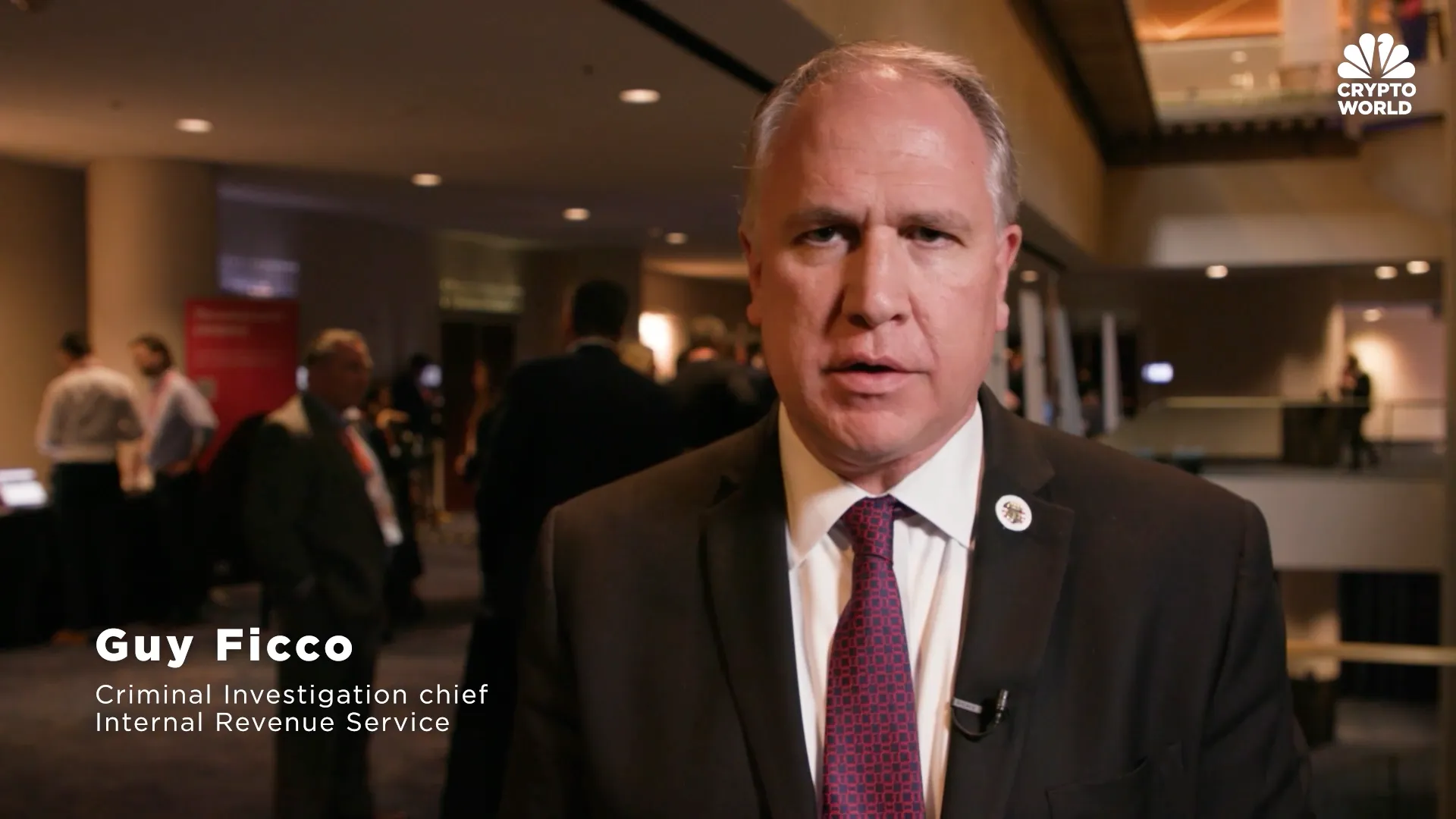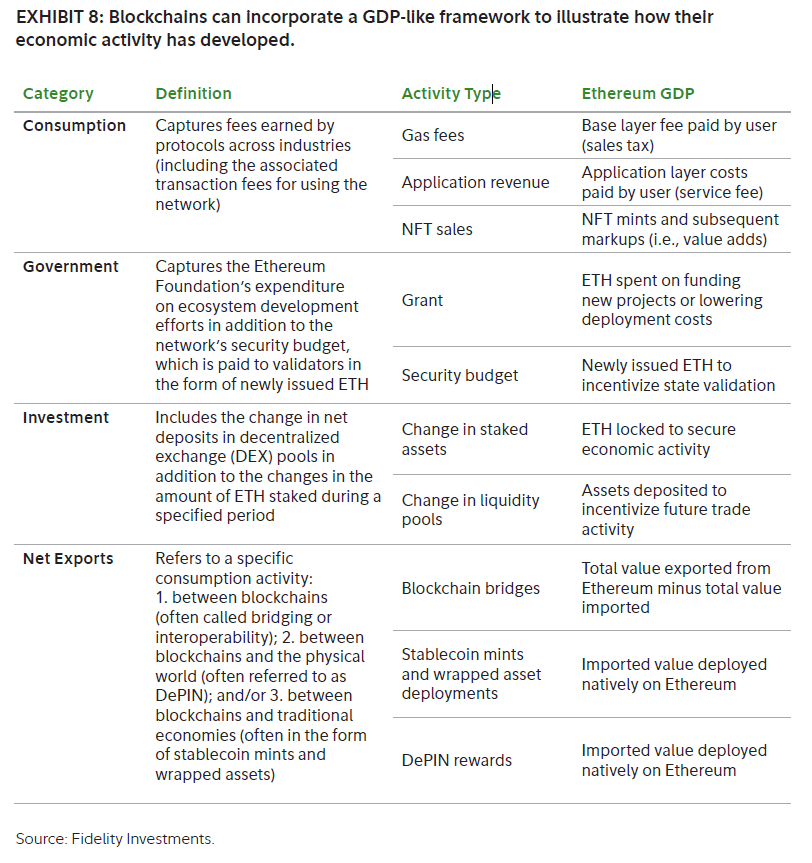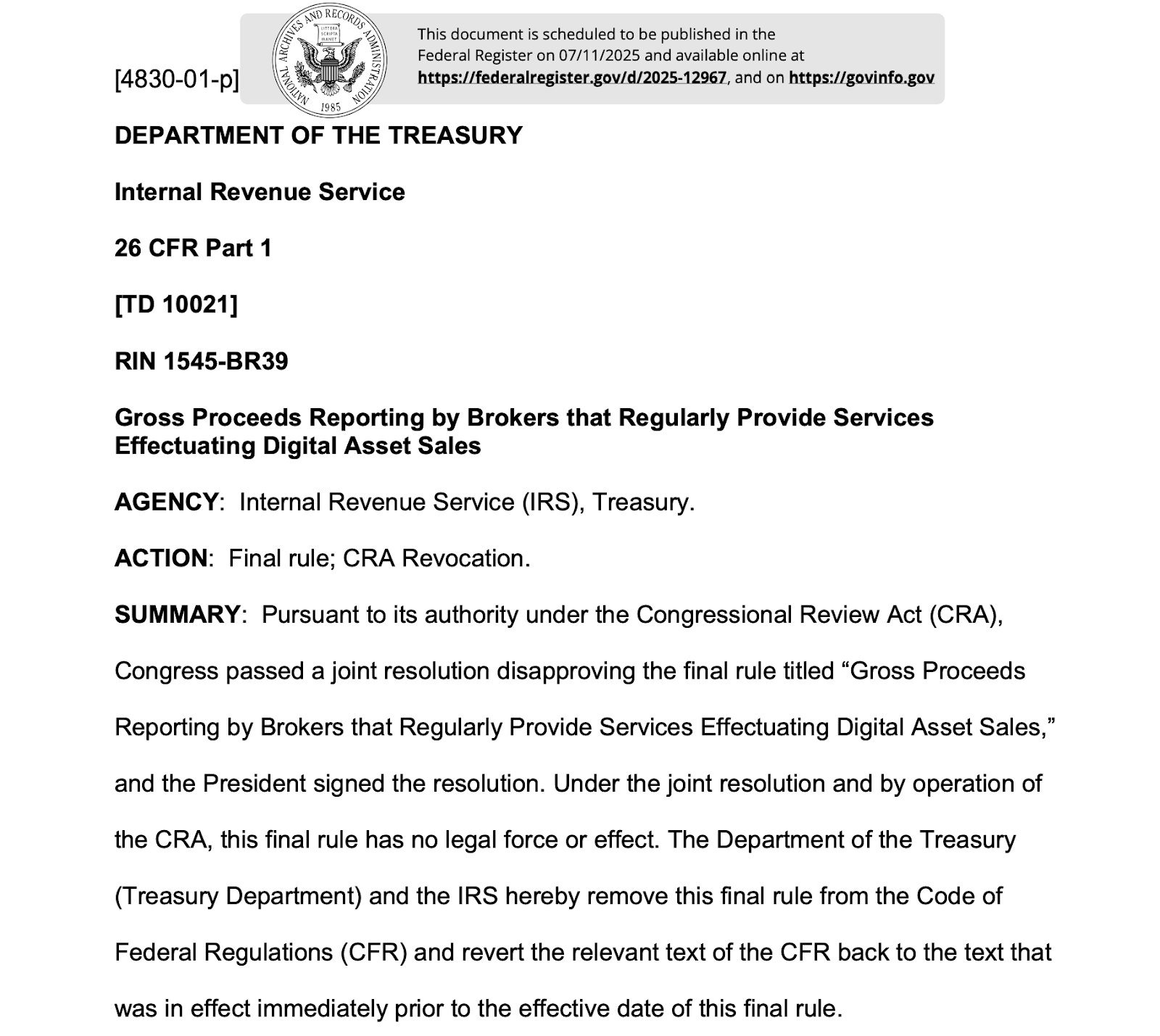United States Internal Revenue Service investigation chief expects uptick in crypto tax evasion this year
There will be many more charged Title 26 crypto cases this year and moving forward, Ficco said, referring to the US tax code which covers citizens who willfully evade paying taxes by lying or obfuscating their reporting documents
The United States Internal Revenue Service (IRS) says it's preparing for a significant increase in crypto tax crime cases in the coming years, as US citizens meet the deadline to file their taxes on April 15.
Speaking at the Chainalysis Links event in New York, IRS criminal investigation chief Guy Ficco said his agency is gearing up to handle an increase in cases of tax fraud and evasion related to cryptocurrencies.
"There will be many more charged Title 26 crypto cases this year and moving forward," Ficco said, referring to the US tax code which covers citizens who willfully evade paying taxes by lying or obfuscating their reporting documents.
Ficco noted that cryptocurrencies were previously used mainly as tools in financial crimes such as fraud, scams, and money laundering, but his agency has recently observed a dramatic increase in "pure crypto tax crimes."
"This could be simply not reporting income generated from crypto sales, it could be hiding the true basis of crypto, and that's an area I expect an increase in," Ficco said.
He added that his agency has partnered with blockchain analysis firm Chainalysis, as well as several other law enforcement agencies, to better combat crypto crime.
"My IRS special agents are phenomenal at tracing and following money, but some of the tools and applications needed in the crypto world—that's where the experts at Chainalysis come in," Ficco said.
Ficco also outlined some basic rules for those looking to file their taxes correctly and not face penalties from the IRS.
"The basic rule of thumb is that you have a basis in the asset. When you dispose of that asset [...], the point where you sold is your disposition," Ficco explained.
"If you acquire something at $10,000 and you sell it for $20,000—you have a $10,000 gain and that's what you need to pay tax on."
Ficco emphasized that the IRS has become more aggressive in investigating and prosecuting US citizens who have either failed to report their crypto taxes in the past or actively obfuscated or lied on their tax return.
On February 6, a federal grand jury indicted Texas man Frank Richard Ahlgren III with filing false tax returns to avoid reporting requirements on more than $4 million worth of gains made on Bitcoin.






